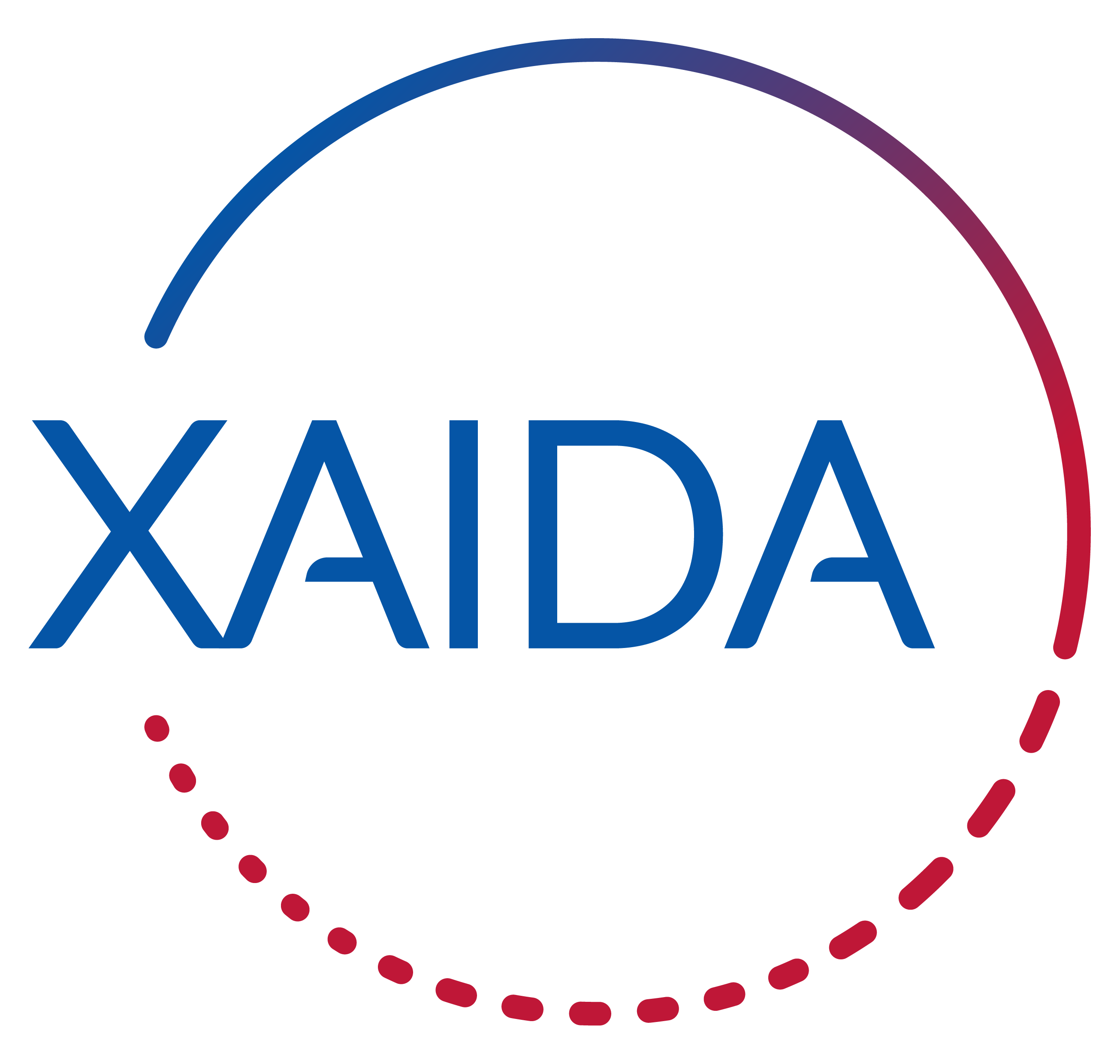STORYLINE; 50°C IN PARIS
Methodology to determine when in the future extreme heat events above a chosen threshold become likely in cities, and to present the meteorological conditions that lead up to it.
Description
The City of Paris prepared an action plan for extreme heat and asked IPSL on the climate and meteorological conditions that could lead to temperatures exceeding 50°C in Paris.
We probed the entire CMIP6 archive (including several scenarios of emissions) to seek such events. We showed that such an event is virtually impossible in SSP1-2.6, if global temperature increase is kept under 2°C. This event becomes highly possible by 2050, if global temperature increase is larger than 2.5°C.
This study can be transposed to other regions of the world. A French new start up company is working on the code optimization, and on its application to other regions, and other climate variables.
Potential User Groups
Urban planners
Guide
An overview and application of the tool is provided in the paper:
Yiou, P., R. Vautard, Y. Robin, N. de Noblet-Ducoudré, F. D’Andrea, and R. Noyelle, 2024: How could 50 °C be reached in Paris: Analyzing the CMIP6 ensemble to design storylines for adaptation. Climate Services, 36, 100518, https://doi.org/10.1016/j.cliser.2024.100518.
Availability
Code including some guidance on how to use it on github: https://github.com/pascalyiou/Paris50C
Use Cases
Note for the city of Paris (in French) https://grec-idf.eu/simulations-paris-50c/
Reference
Yiou, P., R. Vautard, Y. Robin, N. de Noblet-Ducoudré, F. D’Andrea, and R. Noyelle, 2024: How could 50 °C be reached in Paris: Analyzing the CMIP6 ensemble to design storylines for adaptation. Climate Services, 36, 100518, https://doi.org/10.1016/j.cliser.2024.100518.
 This project has received funding from the European Union’s Horizon 2020 research and innovation programme under grant agreement No 101003469.
This project has received funding from the European Union’s Horizon 2020 research and innovation programme under grant agreement No 101003469.
Tools
CAUSEME web-platform is a platform to benchmark causal discovery methods based on ground truth benchmark datasets featuring different real data challenges.
In the aftermath of an extreme weather event, the event is studied more and more often by an operational attribution service. Two examples of such operational attribution services are used within XAIDA. These operational services generally answer slightly different questions and are complementary.
World Weather Attribution (WWA), an initiative founded
This tool explores potential energy risk scenarios using weather regimes. This allows users to tailor the tool to their relevant impact and weather regimes.
The Artificial Intelligence for Disentangling Extremes (AIDE) toolbox allows for tackling generic problems of detection and impact assessment of events such as tropical cyclones and severe convective storms, heat waves, and droughts, as well as persistent winter extremes, among others
Stochastic Weather Generation is a computationally light tool to simulate temperatures for worse case heat extremes, at city up to country level.
We contributed to the continuous development of the tigramite (https://github.com/jakobrunge/tigramite/) Python package for causal inference methods.
This package provides a wide range of constraint-based causal discovery and causal effect estimation methods.
GreenEarthNet is a machine learning-powered toolkit for predicting ecosystem responses to climate changes by leveraging Earth observation data and climate models. It supports effective environmental monitoring and forecasting for improved climate action.
Importance sampling is a way to preferentially select out of a range of model simulations the ones that will lead to extremes of the metric of interest in an early stage of simulation, thus increasing computing efficiency for the cases of interest.
Storyline is a methodology to determine when in the future extreme heat events above a chosen threshold become likely in cities, and to present the meteorological conditions that lead up to it.
Ensemble boosting uses climate models to efficiently generate very intense and rare weather and climate extremes that can be analyzed for planning and stress testing of critical infrastructure.
